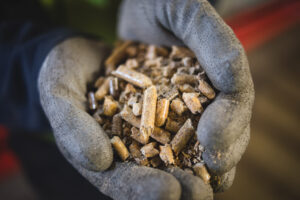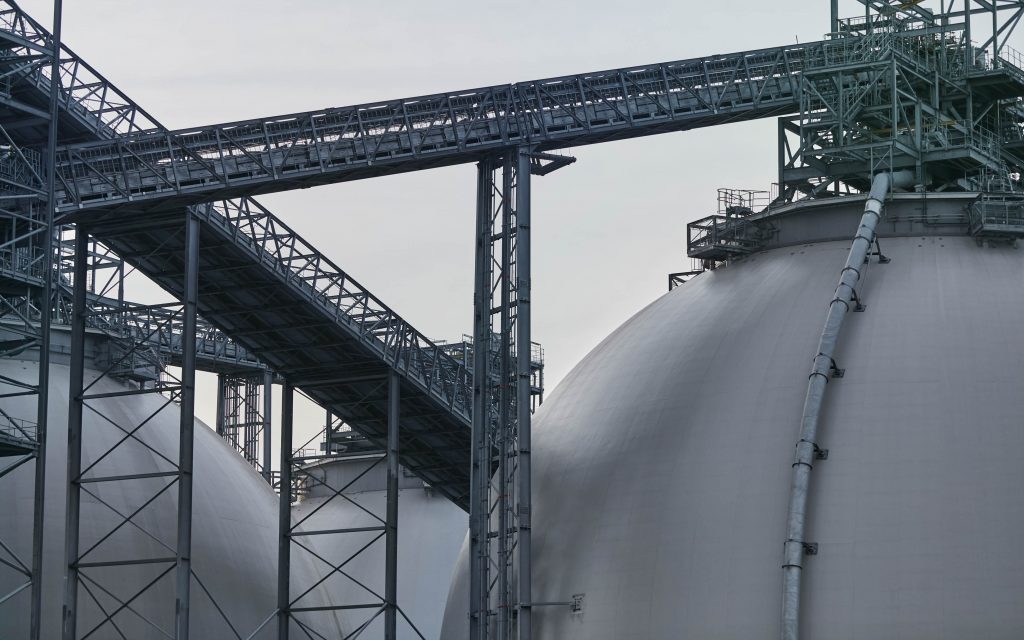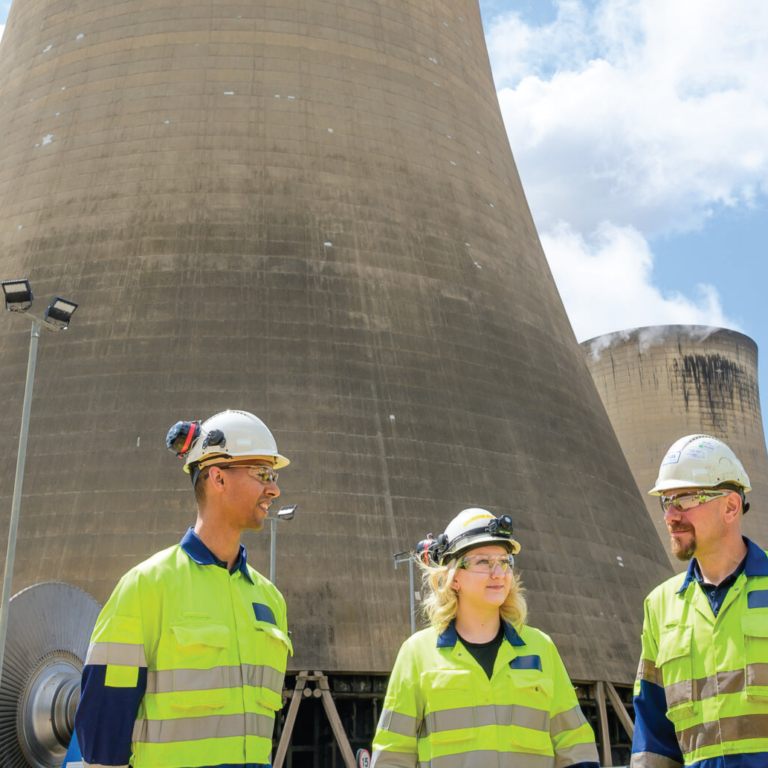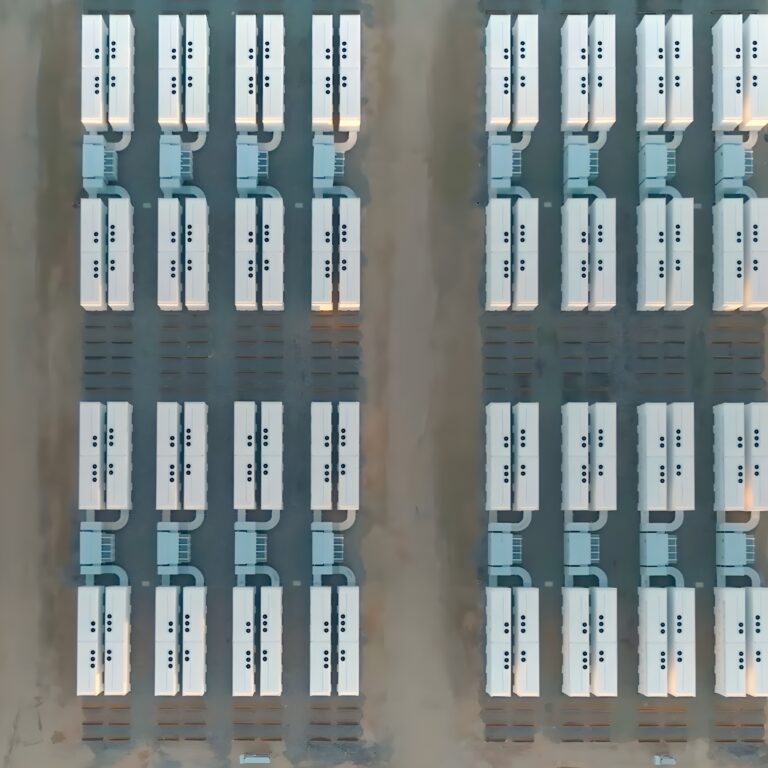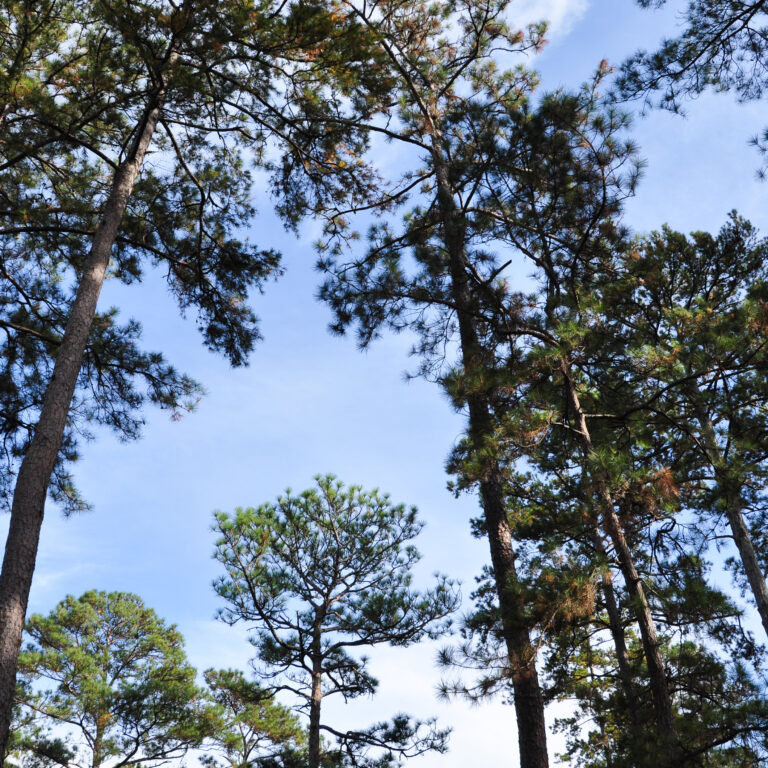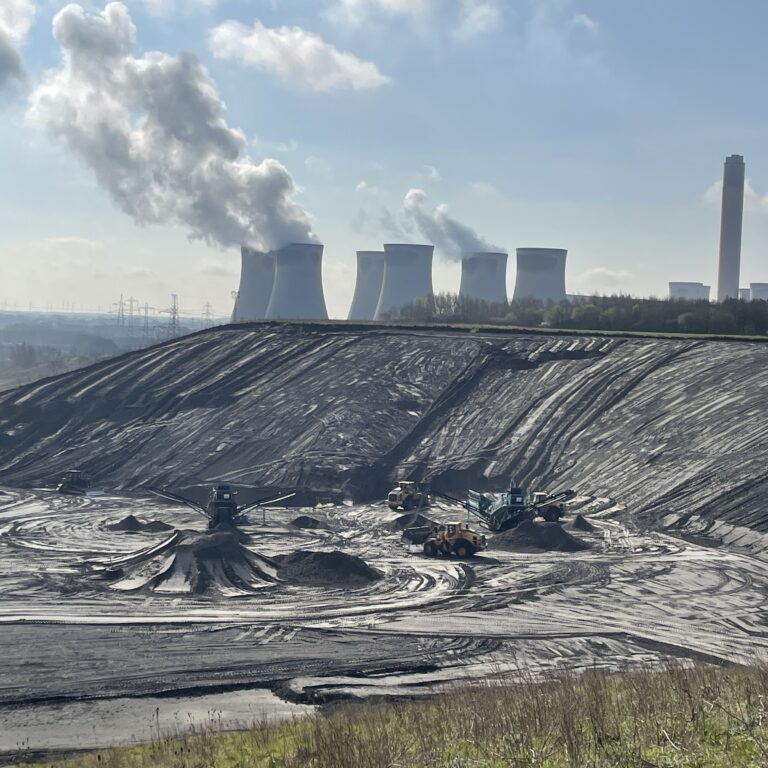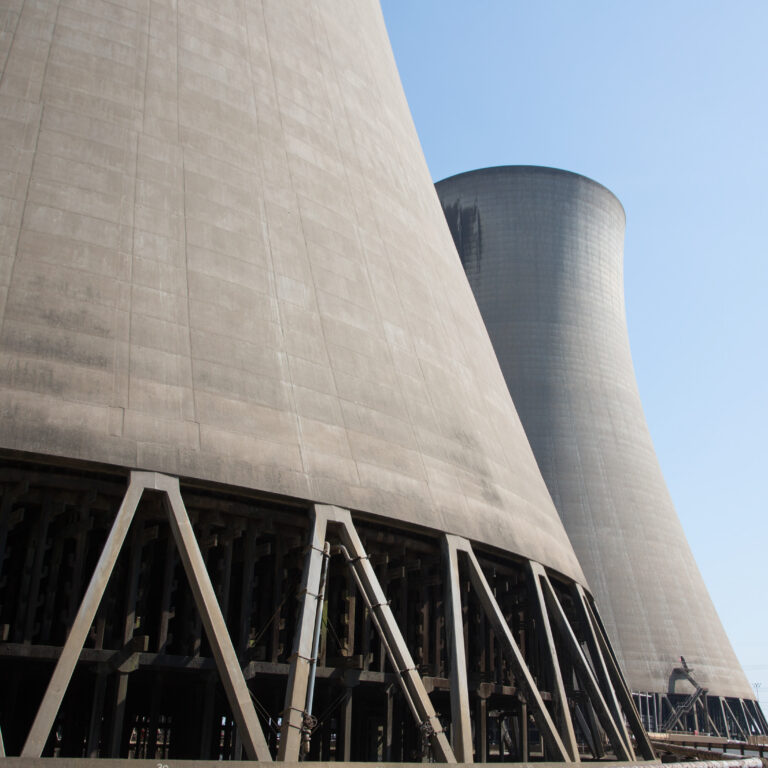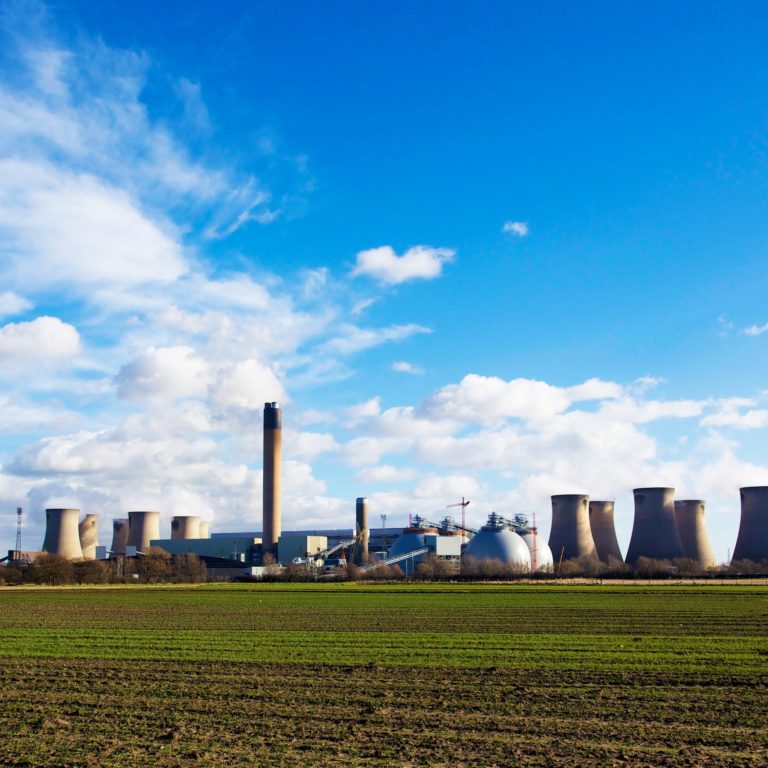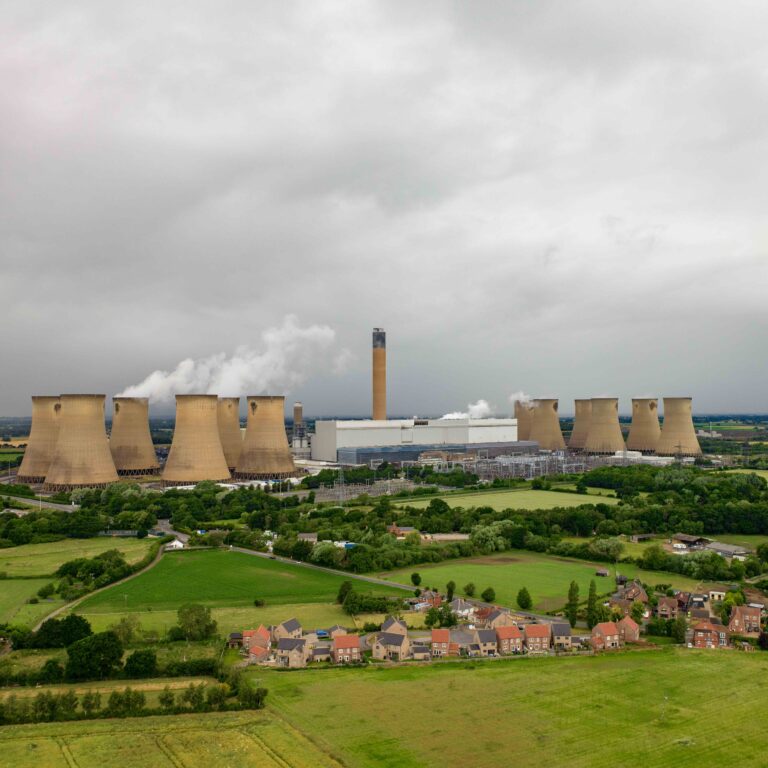- Deploying bioenergy with carbon capture and storage (BECCS) at Drax will save the UK more than £4.5bn over the coming decade rising to £5bn by 2050 in meeting its climate goals, .
- BECCS is an essential negative emissions technology that can help the UK to meet its legally binding fifth carbon budget between 2028 and 2032, an important milestone in the journey towards achieving net zero by 2050.
- Drax plans to capture millions of tonnes of CO2 a year by developing two BECCS units by 2030, delivering 40% of the negative emissions from BECCS the UK Climate Change Committee indicates will be needed in 2050 for the UK to reach net zero.
Developing bioenergy with carbon capture and storage (BECCS) at Drax could save the UK energy system and consumers billions of pounds over the next decade, according to a new report.
The independent analysis by leading energy consultancy Baringa, commissioned by Drax Group, evaluates the impact of deploying BECCS at scale as part of achieving the country’s climate change targets.
It finds that without BECCS at Drax Power Station the energy system would incur additional costs of around £4.5bn to achieve the UK Government’s fifth carbon budget in 2028 to 2032 – making decarbonisation more difficult and significantly more expensive.Will Gardiner, Drax Group CEO, said:
“Innovative green technologies like BECCS can save the UK billions of pounds in achieving our legally binding climate targets, whilst removing millions of tonnes of CO2 from the atmosphere and supporting tens of thousands of jobs.
“Drax is ready to invest in this essential technology which will help the UK decarbonise faster and kickstart a whole new industry here. By delivering BECCS, the UK can show the world what can be achieved for the environment and the economy when governments, businesses and communities work together.”
Not developing BECCS at Drax, or more widely across the country, will also have significant costs for the UK reaching its net zero by 2050 target. The report estimates the target will cost £15bn more to achieve without deploying this essential negative emissions technology.
With the right investment framework from government, work to build Drax’s first two BECCS units could get underway as soon as 2024, ready to start capturing and storing millions of tonnes of CO2 a year in 2027.
Drax has already transformed its power station near Selby in North Yorkshire to become the largest decarbonisation project in Europe having converted it to use sustainable biomass instead of coal. It plans to go further by using BECCS and last month kickstarted the planning process.
ENDS
Media contacts:
Aidan Kerr
Media Manager (Generation)
E: [email protected]
T: 07849090368
Ben Wicks
Media Manager (Customers)
E: [email protected]
T: 07761 525 662
Editor’s Notes
The Baringa Value of Biomass with Carbon Capture and Storage (BECCS) in Power, report found that:
- Without BECCS at Drax providing negative emissions in the late 2020s, it will cost the UK £4.5bn more to achieve the fifth carbon budget and require much more challenging action by consumers.*
- The fifth carbon budget is a legally binding milestone which caps the amount of greenhouse gases which can be emitted over a five-year period – between 2028 and 2032, with the overall aim of reducing the UK’s emissions to net zero by 2050.
- Not deploying BECCS at Drax Power Station would mean the UK could not deliver this important negative emissions technology until at least the 2030s.
- Using BECCS technology on two of Drax’s biomass units could capture eight million tonnes of CO2 each year (MTpa). This means Drax could deliver 40% of the Climate Change Committee’s 2050 net zero BECCS power target by 2030.
- In all modelled scenarios, the report found, “Our economic analysis suggests the Drax BECCS-power project is a ‘no regrets’ option, across a wide range of scenario conditions, to enable the UK to meet net-zero in a cost optimal manner.”
*August 2021 update following further research from Baringa: Without BECCS at Drax providing negative emissions in the late 2020s, it will cost the UK £13bn more to achieve the fifth carbon budget and require much more challenging action by consumers.
A summary of the report’s findings can be found by visiting the website.
About Drax
Drax Group’s purpose is to enable a zero carbon, lower cost energy future and in 2019 announced a world-leading ambition to be carbon negative by 2030, using Bioenergy with Carbon Capture and Storage (BECCS) technology.
Its 2,900 employees operate across three principal areas of activity – electricity generation, electricity sales to business customers and compressed wood pellet production.
Power generation:
Drax owns and operates a portfolio of renewable electricity generation assets in England and Scotland. The assets include the UK’s largest power station, based at Selby, North Yorkshire, which supplies five percent of the country’s electricity needs.
Having converted two thirds of Drax Power Station to use sustainable biomass instead of coal it has become the UK’s biggest renewable power generator and the largest decarbonisation project in Europe. It is also where Drax is piloting the groundbreaking negative emissions technology BECCS within its CCUS (Carbon Capture Utilisation and Storage) Incubation Area.
Its pumped storage, hydro and energy from waste assets in Scotland include Cruachan Power Station – a flexible pumped storage facility within the hollowed-out mountain Ben Cruachan.
Customers:
Through its two B2B energy supply brands, Haven Power and Opus Energy, Drax supplies energy to 250,000 businesses across Britain.
Pellet production:
Drax owns and operates three pellet mills in the US South which manufacture compressed wood pellets (biomass) produced from sustainably managed working forests. These pellet mills supply around 20% of the biomass used by Drax Power Station in North Yorkshire to generate flexible, renewable power for the UK’s homes and businesses.
For more information visit www.drax.com


